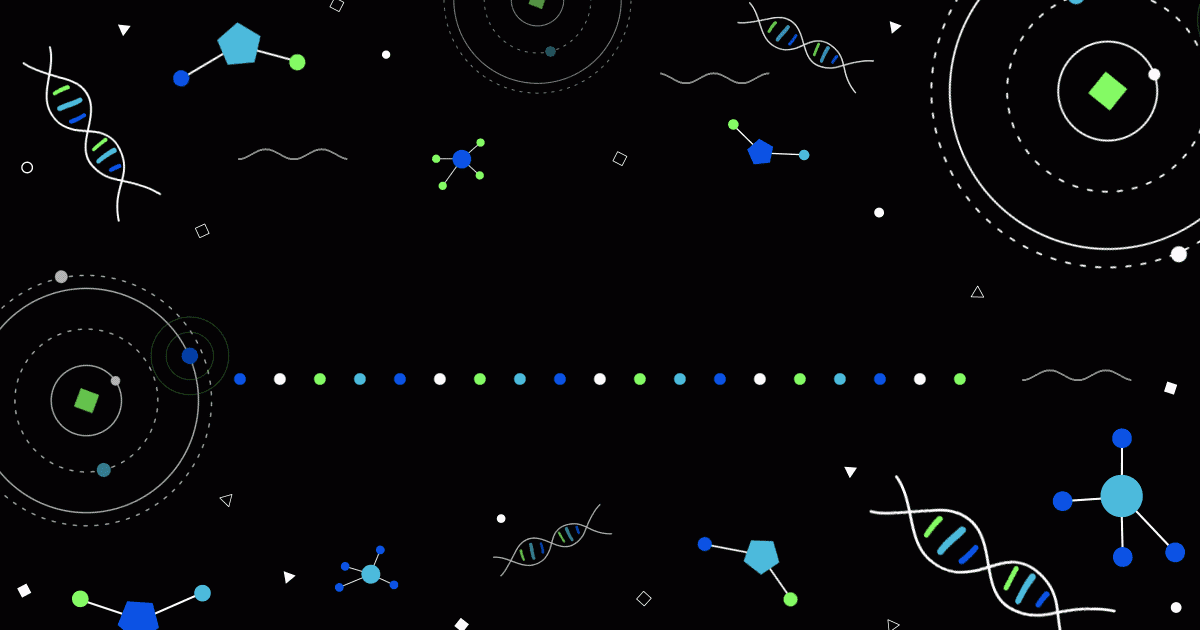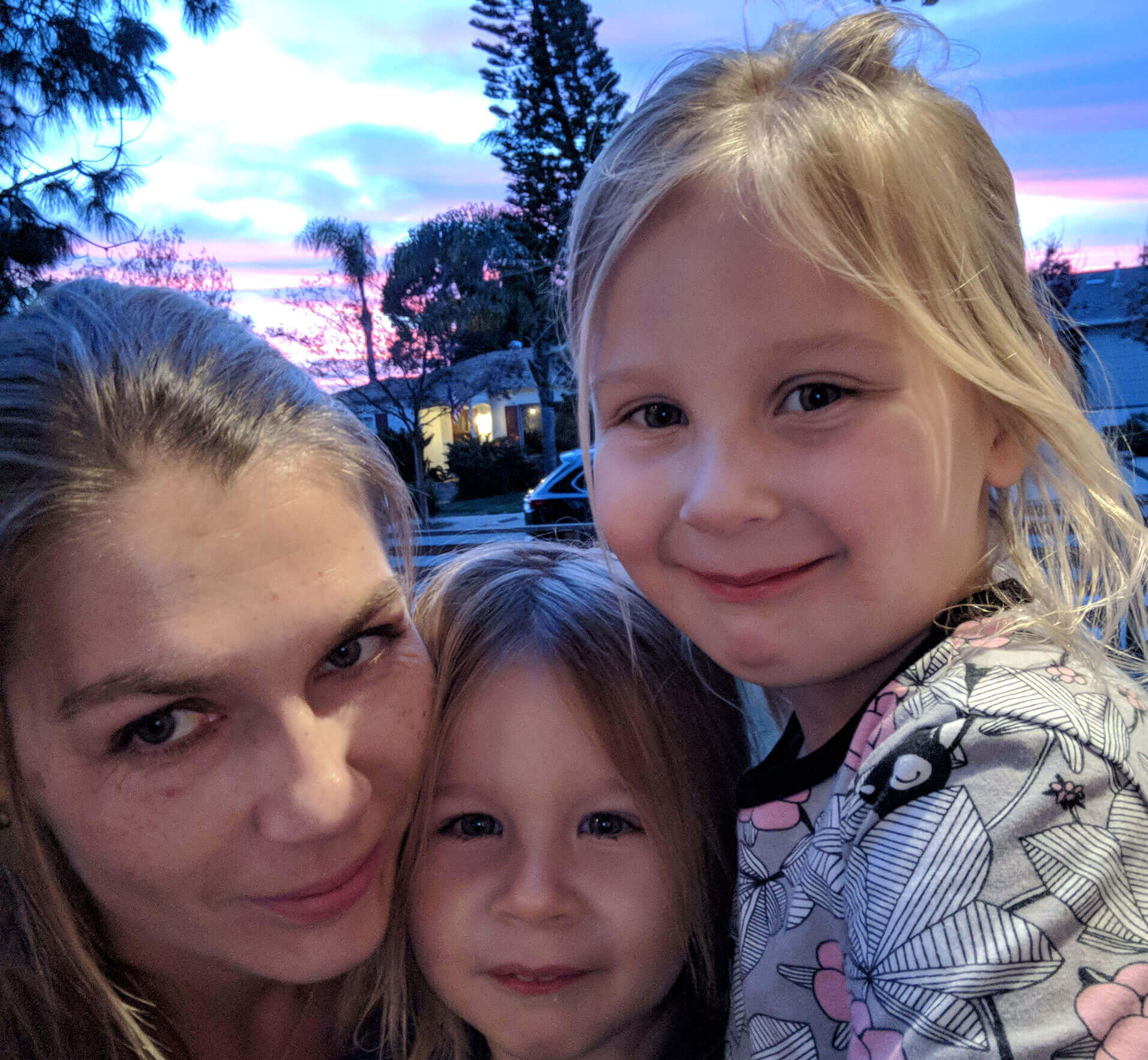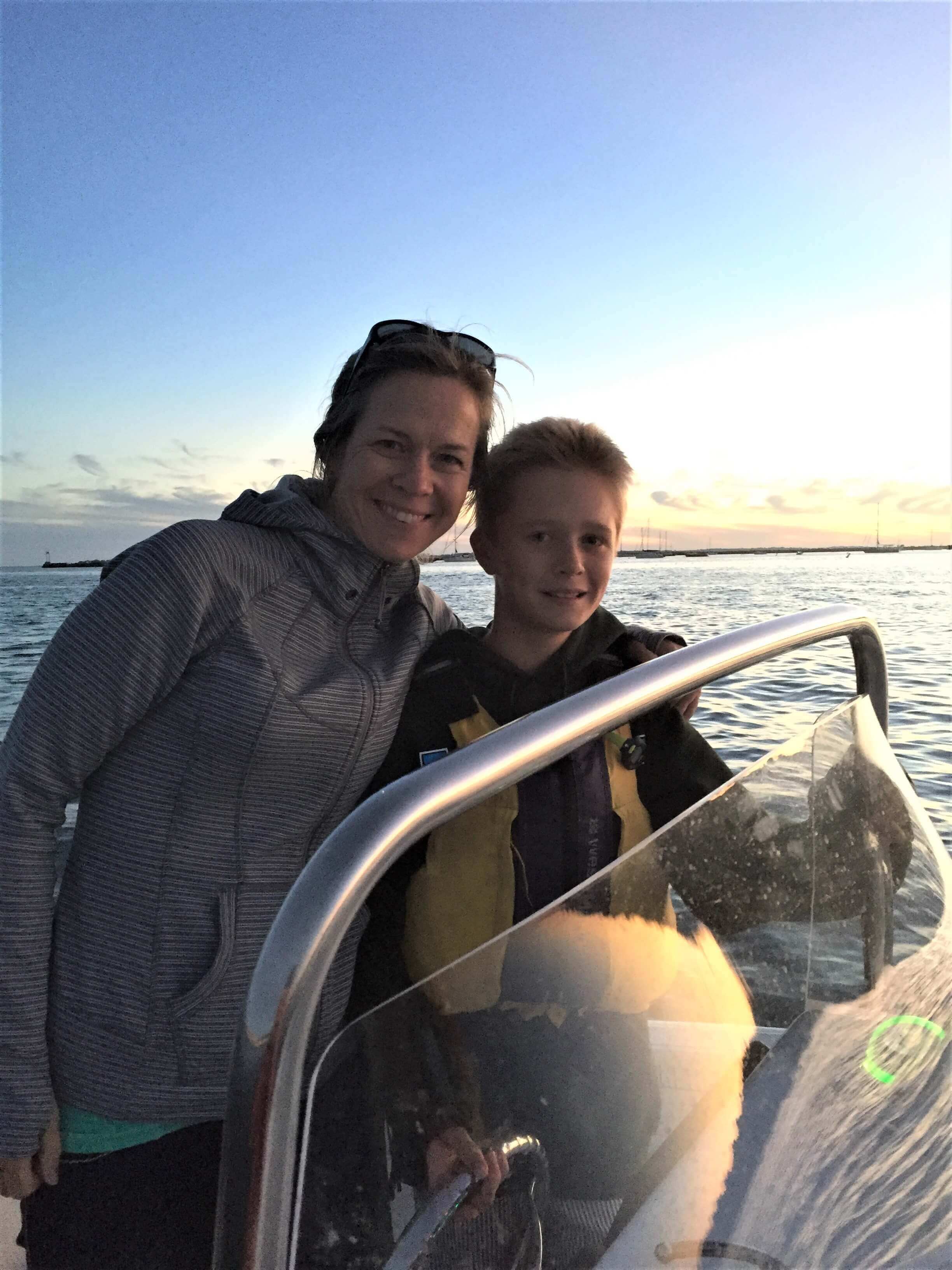Women in Science Up Close and Personal, Part 1: Mentoring Matters

In the first of our series honoring women in science, Pfizer researchers share tales of mentors who turned them onto science and shaped their ambitions.
Arpita Maiti could have enjoyed her “free” period in high school that day, but instead she elected to go to a special tutorial that her science teacher, Fred Speed, had prepared on the discovery of how HIV was transmitted. The year was 1985, and the breakthrough finding was on the cover of Time magazine. “Mr. Speed’s tutorial was the best two hours of my life and I knew then that that was what I wanted to study,” she says. She’s now an immunologist and Senior Director of External Science & Innovation for Inflammation & Immunology and Microbiome at Pfizer.

"[My mentor] was always in my corner," says Arpita Maiti, who is now an immunologist at Pfizer specializing in microbiome research.
When Maiti attended college at the University of Toronto, another teacher had a meaningful impact on her career— Dr. Robert Painter, a faculty member in the immunology department and Provost of Trinity College. “We would have tea every month in the Provost’s Residence and talk about science and women in science and college politics. He was always in my corner. He sent me congratulatory notes during career milestones,” she says.
Even though women make up 56 percent of college students in the U.S., only 13-33 percent have bachelor’s and master’s degrees in physical sciences, engineering or computing. Mentoring has been shown to benefit both mentors and “mentees” and to improve retention rates among students. Maiti and some of her women colleagues at Pfizer point to encouraging teachers who went above and beyond as a key to their success.

Suvi Orr's high school chemistry teacher "put organic chemistry into context so I could see how organic molecules are everywhere." Orr is now a synthetic organic chemist who helps to develop medicines at Pfizer.
School subjects can seem so removed from “real life” that it takes a talented educator to connect abstract concepts to concrete realities. That’s what Suvi Orr’s high school chemistry teacher did: “She made organic chemistry lessons fun and exciting,” Orr says, “and put them in context so that I could see how organic molecules are in drugs, food, cosmetics, everywhere!” Orr, now a synthetic organic chemist and Senior Principal Scientist, decided to study chemistry in college as a result.

“Seeing at a young age that women with families were successful leaders in science allowed me to never question whether it was ‘possible’ to succeed," says Katrina Loomis, a cell and molecular biologist at Pfizer. "I knew that it was.”
A good mentor can not only provide an example of how to teach or practice science well. She or he can also show a student how to live as a scientist. During her undergraduate years at Tulane University, Katrina Loomis, a cell and molecular biologist and Senior Director in Target Sciences and Technologies, worked with Dr. Joan Bennet, a leader in the field of mycology. “She was a tenured professor at a top university and had overcome many common challenges that women faced as she advanced in her career. She was a wonderful role model.” There was also a doctoral student in the lab who was the mother of two grown children. “Seeing at a young age that women with families were successful leaders in science allowed me to never question whether it was ‘possible’ to succeed. I knew that it was.”





